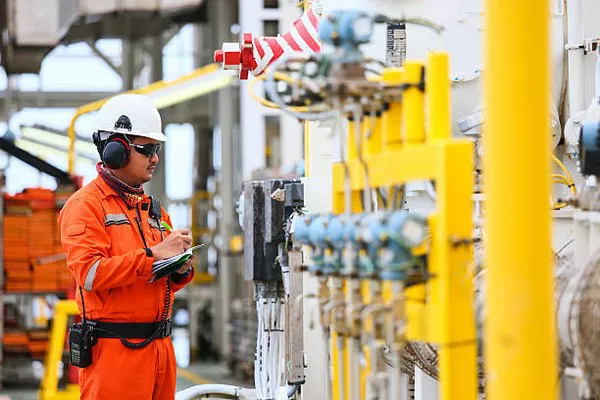Doncaster, August 31, 2023 – Laser Additive Solutions (LAS), a Doncaster-based provider of laser processing and additive manufacturing services, is setting its sights on the UK’s burgeoning space sector following its investment in the advanced TruPrint 3000 additive production system from Trumpf. The move reflects LAS’s drive to expand its capabilities and cater to the evolving demands of industries seeking innovative manufacturing solutions.
Founded in 2015, LAS brings together a team with over 50 years of collective experience in precision laser repair, manufacturing, and joining processes. The company’s clientele spans a range of sectors including general engineering, fusion energy, aerospace, and the military. Holding an ISO9001 accreditation, LAS maintains close partnerships with several UK universities and research organizations.
The cornerstone of LAS’s expertise lies in laser metal deposition (LMD), a process now commonly referred to as laser direct energy deposition (DED). Managing Director Peter Brown elaborated, “We have two very good systems that undertake laser DED, both of which use Trumpf lasers. While these machines can support our steady growth moving forward, to drive faster progress I felt we needed a complementary process, hence our interest in a powder-bed machine.”
Initially exploring the option of a new Trumpf TruPrint 1000, a compact metal 3D printer designed for swift, cost-efficient small-series production, LAS faced a setback when their grant application was unsuccessful. However, a fortunate turn of events led to the discovery of a previously used TruPrint 3000 machine with minimal running hours, aligning perfectly with LAS’s aspirations.
One key driver behind the investment was a surprise contract secured by LAS for long-term production welding on its laser DED machines. This unexpected revenue stream allowed LAS to use a portion of it as a deposit for the TruPrint 3000.
Targeting the UK’s space sector, Brown noted, “The space sector is constantly seeking manufacturing solutions for lightweight structures that are not easy to build with other technologies.” The TruPrint 3000, already optimized for high-strength aluminum, aligns well with the lightweight structure requirements of the space industry.
Brown emphasized that the TruPrint 3000 signifies the beginning of an exciting journey, yet he doesn’t foresee a steep learning curve given LAS’s existing laser/metal-powder experience. The machine’s ability to operate around the clock, running unmanned overnight and on weekends, further augments LAS’s capabilities.
As the first TruPrint 3000 of its kind installed in the UK for job shop applications, this investment marks LAS’s foray into 3D metal printing, a step that might lead to more laser DED and laser welding opportunities.
LAS, which currently operates across three industrial units, has experienced robust growth, doubling its workforce in recent years. With future aspirations including a potential £1 million contract and further technological advancements, LAS remains committed to driving innovation and expanding its technological prowess.

